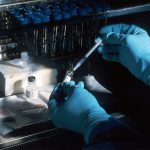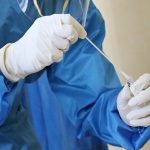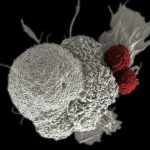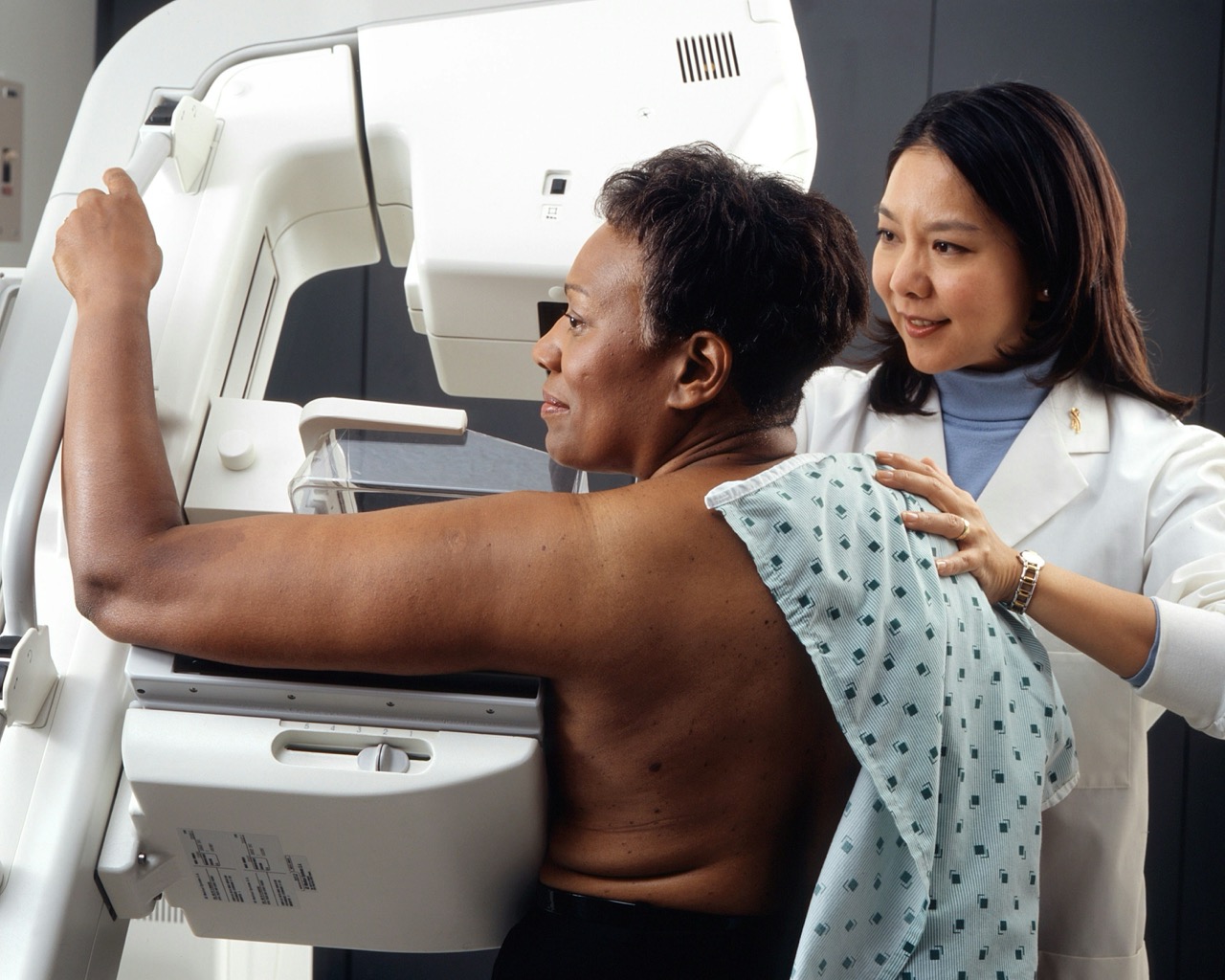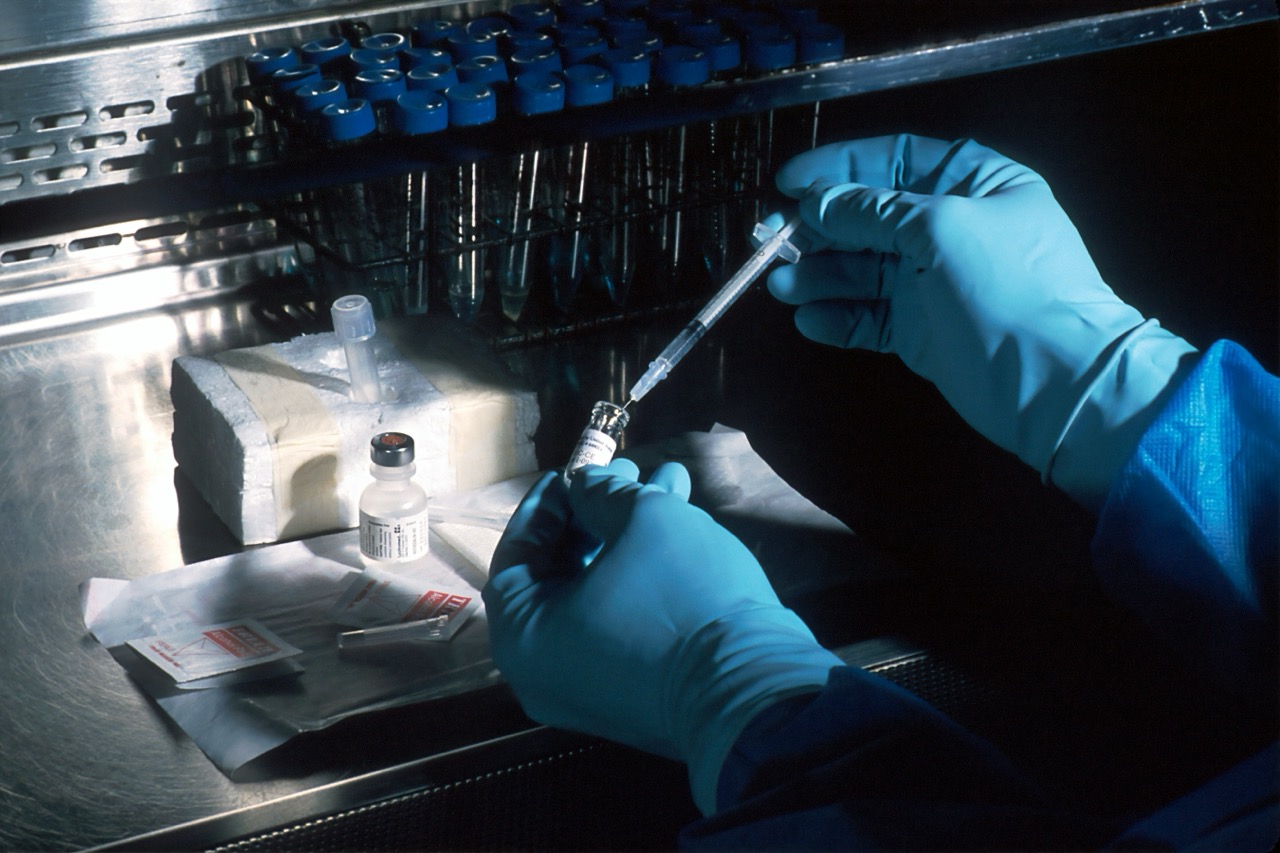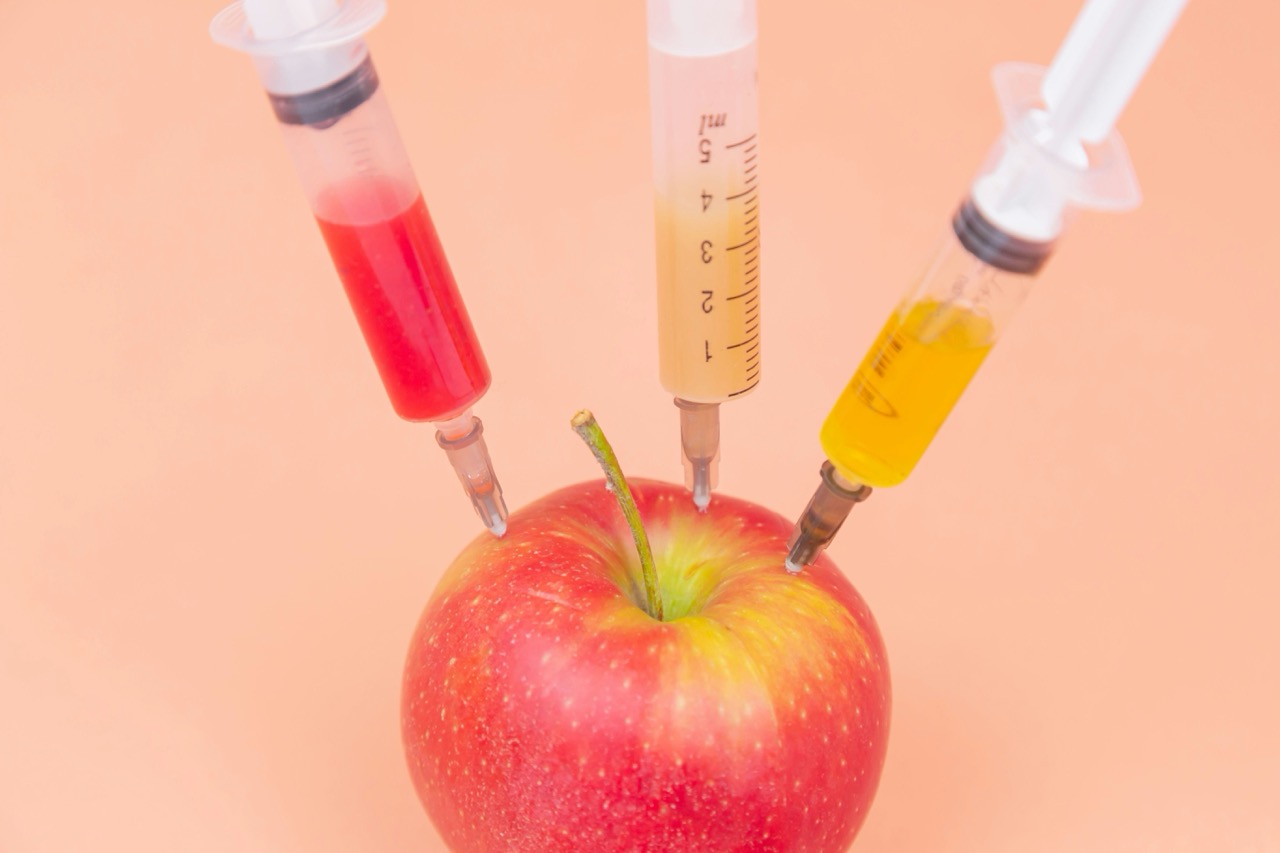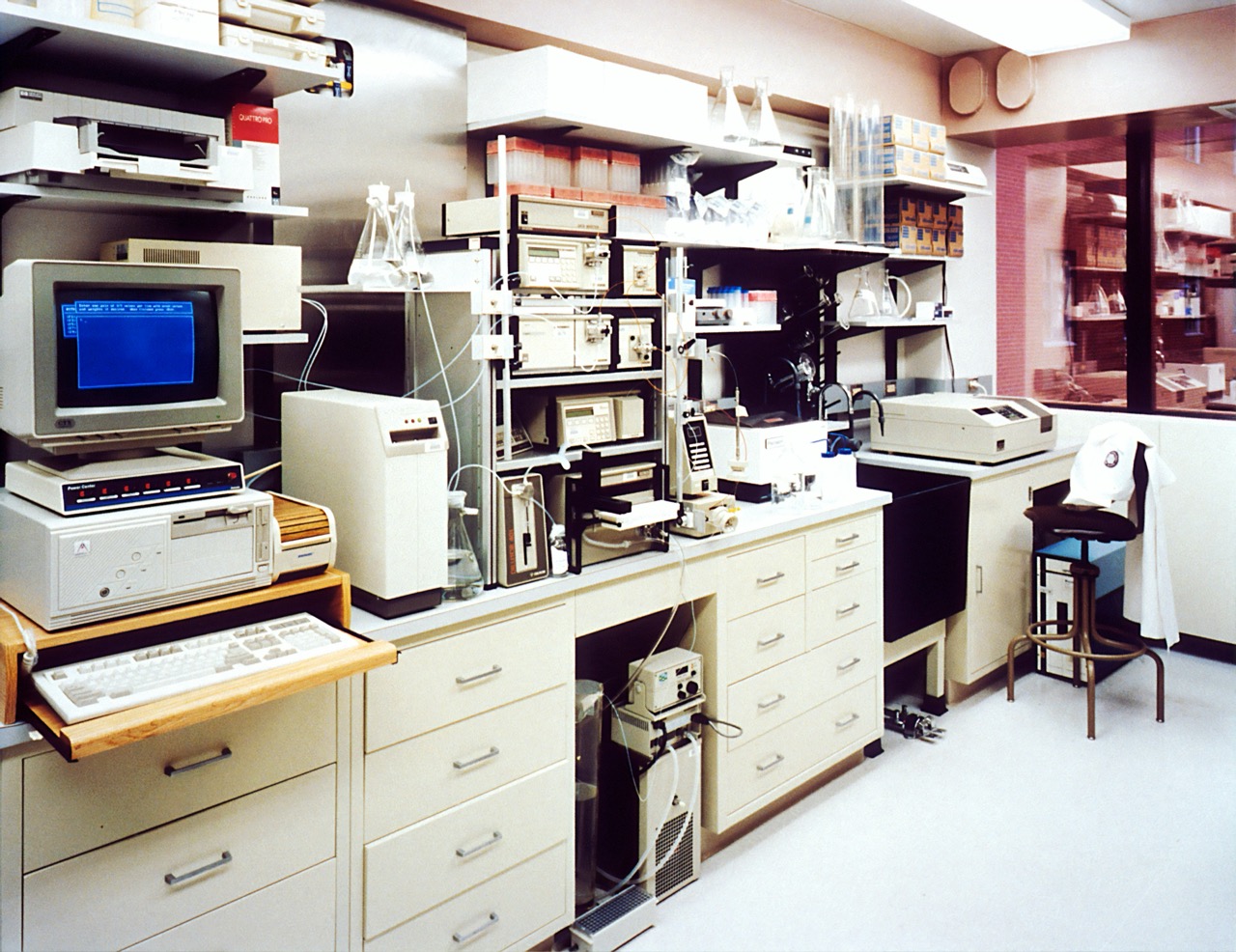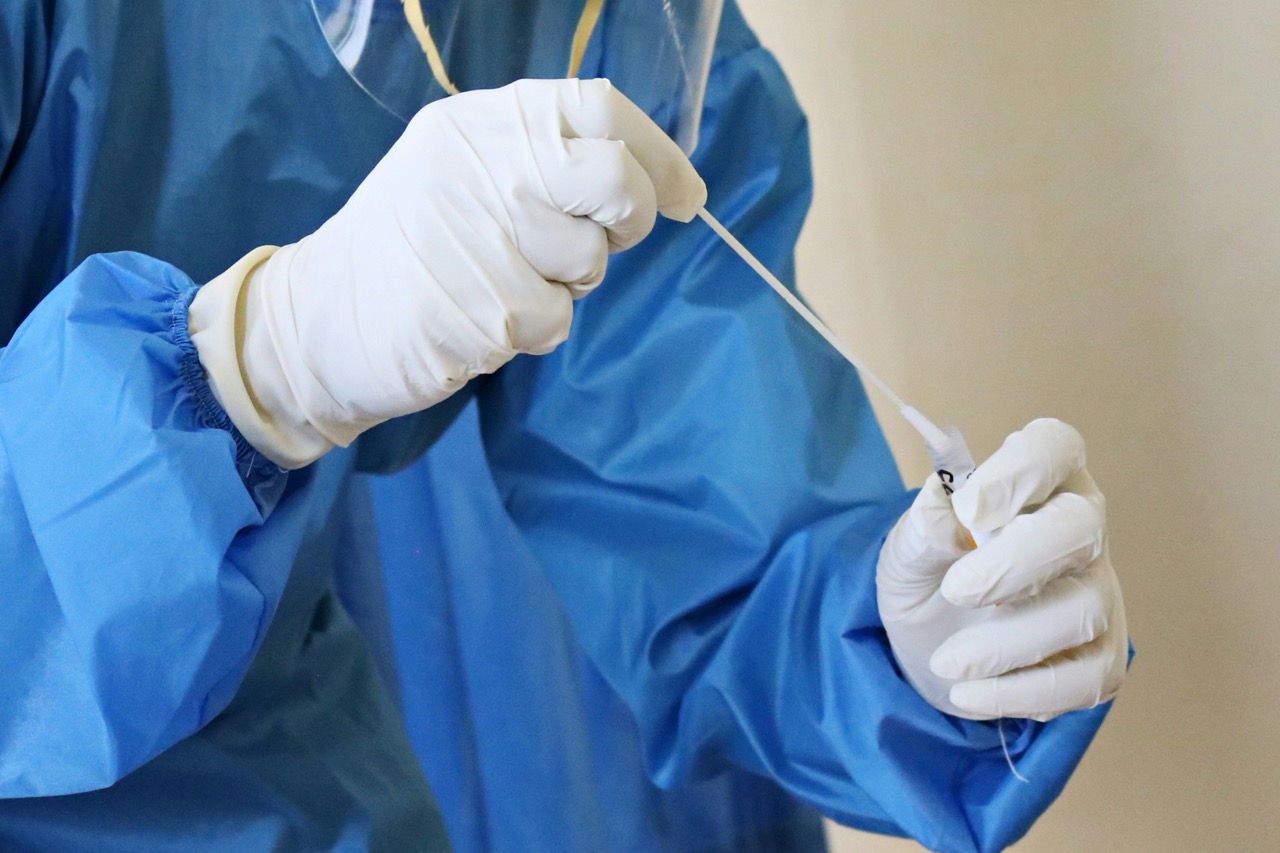Can STD Tests Detect All Sexually Transmitted Infections?
When it comes to our health, knowledge is power, and understanding sexually transmitted infections (STIs) is no exception! Whether you’re a seasoned health warrior or just stepping onto the battlefield of sexual health, one question often lingers in the air like a confetti balloon: "Can STD tests detect all sexually transmitted infections?" Let’s unravel this colorful mystery together!
The Rainbow of STIs
First, let’s paint a picture of the diverse world of STIs. Much like a vibrant rainbow, these infections come in various hues and types, each with its unique characteristics. From the well-known culprits like chlamydia and gonorrhea to the stealthy invaders such as herpes and human papillomavirus (HPV), the spectrum is wide. While many of us might think of STDs as the “big players” — think syphilis or HIV — the reality is that there are more than 30 different infections that can be transmitted through sexual contact.
The Testing Landscape
Now, onto the main event: STD testing! Imagine testing as your trusty map in this vibrant STI world. It helps identify which infections you’re dealing with and how to best address them. However, it’s important to recognize that not all maps are created equal.
Standard STD tests typically screen for a handful of common infections, such as:
- Chlamydia
- Gonorrhea
- Syphilis
- HIV
- Hepatitis B and C
But here’s where it gets interesting — not all tests can detect every infection. For instance, while many tests can easily identify bacterial infections like chlamydia and gonorrhea, viral infections like HPV or herpes might require specific tests or may not be routinely included in standard screening panels.
The Limitations of Testing
Picture your favorite superhero — strong, capable, but not invincible. Similarly, STD tests have their own limitations. Some infections, such as herpes or HPV, might not show up on tests until after the body has produced enough antibodies, leading to a window period where the infection could go undetected. This is why regular testing, especially if you have multiple partners or new partners, is as important as wearing your cape!
Additionally, certain STIs are asymptomatic, meaning they might not display any noticeable symptoms, making them even trickier to catch. Regular check-ups are like a superhero’s sidekick — always ready to lend a hand at the right moment!
Empowerment Through Awareness
So, what’s the takeaway? While STD tests are essential in helping us navigate the world of sexual health, they don’t cover every single infection under the sun. This makes it crucial to have open conversations with healthcare providers about which tests are right for you based on your sexual history and lifestyle.
Fear not! Staying informed can lead to the best kind of empowerment. If you suspect you may have been exposed to an infection or are experiencing unusual symptoms, don’t hesitate to reach out to a healthcare professional. They can guide you through the testing options available, tailored just for you!
A Final Cheerful Note
In the big, bold, and beautiful world of sexual health, knowledge and communication are your best allies. While STD tests may not catch every infection, they’re a critical tool in safeguarding your health and the health of your partners. So, let’s embrace the spirit of awareness and make testing a regular part of our health routine, just like eating our veggies or hitting the gym!
Remember, this journey is all about you — your health, your choices, and your power to live vibrantly, confidently, and free! Cheers to safe and healthy living! 🌈💖
